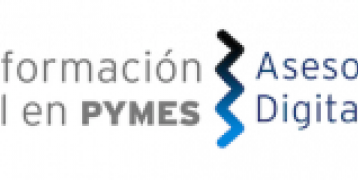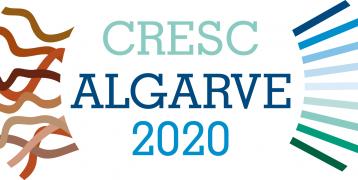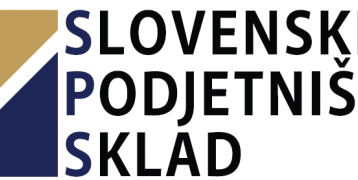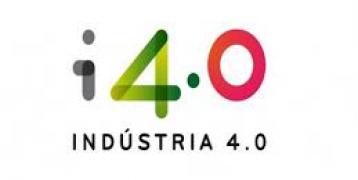Vouchers for the competitiveness of SMEs
Vouchers schemes have been used first as business support instruments in the late 1990s and have since become widely popular. They are designed, implemented, and deployed by public authorities on national, regional, or local levels to encourage certain behaviours, in this case, innovation, in targeted companies – SMEs. To a large extent, vouchers are used to promote innovation-related activities, the adoption of digital technologies, and the acquisition of new skills through training.
This policy brief aims to provide a comprehensive overview of the good practices and the policy improvements based on voucher schemes used in various Interreg Europe projects. They address topics such as innovation, digitalisation, internationalisation, e-commerce, business succession, and include the use of vouchers for the mitigation of the COVID-19 crisis and its consequences for the economy. In Europe, there are many voucher schemes “on the market”, and their many variants have become very popular “innovation policy instruments”, increasing more, and more, since they started in 1997.
Building on the experiences of Interreg Europe project partners, this policy briefs collects a series of overall recommendations regarding the implementation and management of voucher schemes for SME competitiveness. In the resume, we can see how the schemes target typically traditional sectors with an overall low innovation capacity and tradition of collaboration with knowledge providers. Those schemes build especially on the simplicity of vouchers, which make them attractive to a large number of businesses. They have therefore the potential to have a large impact on the targeted sector.
To know more about the use of vouchers to foster SME competitiveness, explore the policy brief on vouchers for the competitiveness of SMEs.
Policy brief on vouchers for the competitiveness of SMEs
Policy brief on vouchers for the competitiveness of SMEs
Featured good practices











